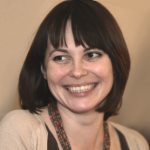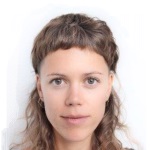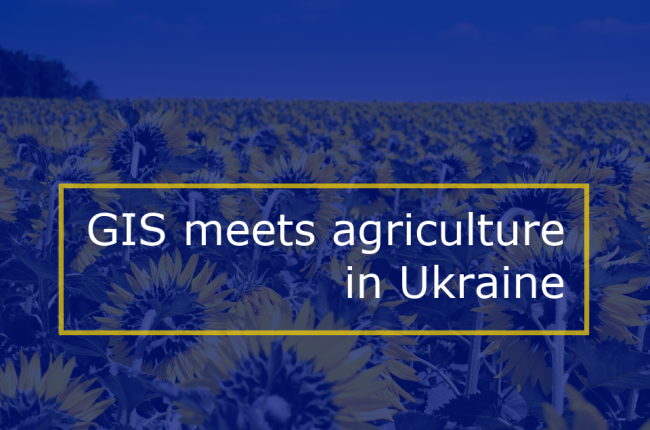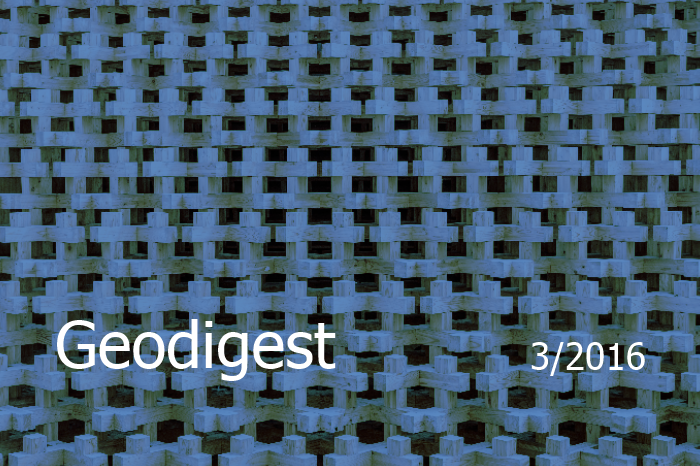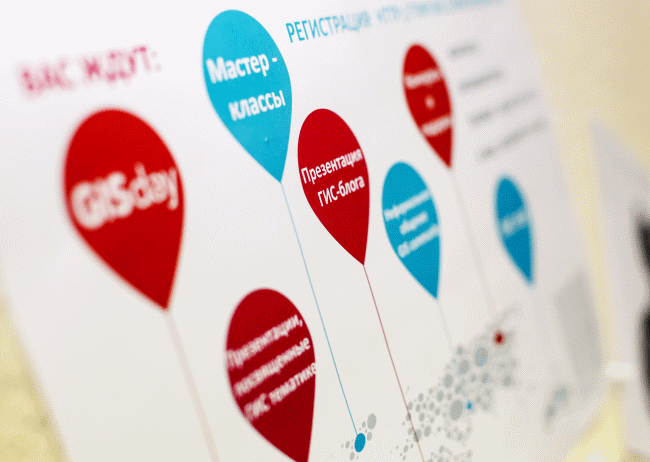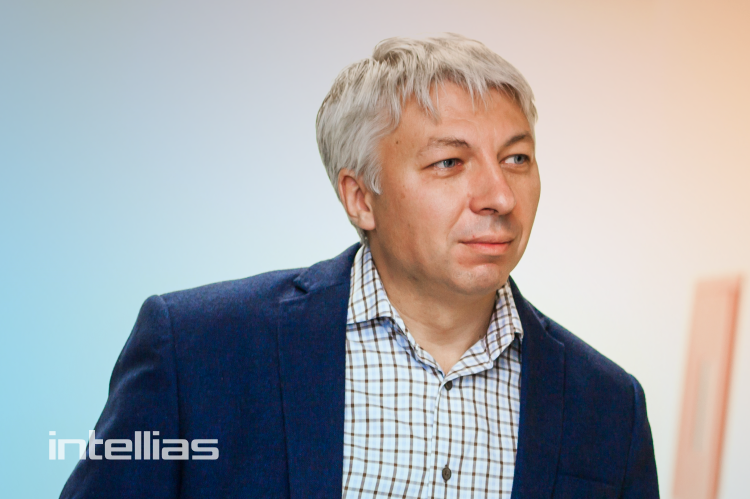
Компанія Intellias на сьогодні є одним з небагатьох роботодавців в Україні, що мають вакансії у сфері геопросторових технологій. Компанія також є організатором Map Solutions, конференції з цифрової картографії, навігації та LBS.
50 north поспілкувалися зі співзасновником та COO Intellias, Михайлом Пузраковим, про історію створення та розвитку найкращого IT-роботодавця України 2017-го року (у категорії 800+ робітників за версією DOU), про інтереси та сфери фокусу компанії.
Антоніна Коструба:
Розкажіть мені, будь ласка, яккими були ваші перші кроки з початку створення компанії?
Михайло Пузраков:
Це було досить давно. 2002-й рік. Ми починали вдвох з моїм партнером Віталієм Седлером.
А.К.:
Все почалось з дружби?
М.П.:
Так, зі знайомства. Я вступив до Львівського фізико-математичного ліцею, де ми й зустрілись. В університеті ми потрапили до однієї групи. 1997-го року разом з Віталієм пішли працювати до однієї компанії. У цей час якраз зароджувався аутсорсинг. У 2001-2002 роках, здобувши досвід, ми вирішили, що прийшов час створити свою компанію. Нашим мотивом було бажання самореалізуватись, а також зробити власну компанію саме такою, як подобається нам, а не так, як подобалось би комусь іншому. Компанію назвали Intellias. Ми разом придумали цю назву, що походить від англійського слова “intelligent” (“розумний”).
А.К.:
Розкажіть будь ласка про технічний напрямок руху, який ви для себе обрали спочатку.
М.П.:
Ми шукали в різних напрямках, стукали у різні двері. Так сталось, що у технологічному контексті наш перший серйозний проект був на .NET. Замовник з Австрії розглядав різні варіанти технологій для проекту. .NET був тоді тільки створений, технологія була нова. Проаналізувавши її, ми вирішили, що (на той час) за нею – майбутнє, і запропонували її замовнику. З точки зору географії, ми вирішили шукати замовників у німецькомовних країнах, оскільки наш попередній досвід роботи був з німецькомовним ринком. А щоб не створювати конкуренцію попередньому роботодавцю, вирішили працювати не у Німеччині, а в Австрії.

Михайло Пузраков
А.К.:
Яким чином змінилася ваша стратегія роботи: спершу Ви ходили і стукали в двері, а коли прийшов той переломний момент, коли прийшли і постукали до Ваших дверей?
М.П.:
Коли ми набрали критичну масу. Це був приблизно 2010-й рік, коли у компанії було біля100 спеціалістів. Ми стали достатньо відомою у Львові компанією на той час, нас почали знаходити клієнти. Адже коли вони шукають підрядників в Україні, то розглядають помітні на ринку компанії.
А.К.:
Особисто я дізналась про вашу компанію через ГІС-конференцію в 2015-му році. Переглядаючи ваш сайт, я звернула увагу, що на ньому висвітлено 18 великих проектів, над якими ви працюєте, і лише один з них ГІС-івський.
М.П.:
Справа в тому, що проект з розробки геолокаційних сервісів компанії HERE – найбільший з наших проектів. Насправді це не один проект, а програма, в межах якої розробляється багато проектів.
Коли ми починали співпрацю з цим замовником, то займались лише одним компонентом системи. По мірі того, як ми демонстрували високу якість наших послуг і високий рівень наших спеціалістів, співпраця розвинулась, і тепер наші команди грають ключову роль у розробці широкого спектру продуктів замовника. Кількість спеціалістів на цих проектах суттєво зросла, і зараз близько 400 людей працюють над розробками сервісів цієї глобальної компанії.
Сьогодні Intellias є стратегічним R&D-партнером HERE в Україні. Intellias бере участь у розробці хмарних рішень для динамічного збору та обміну картографічними даними на основі IoТ, у розробці SDK для автомобільної навігації, системи обробки інформації про дорожній рух у реальному часі, бібліотек для побудови маршрутів, геолокаційного кодування та пошуку. Також займаємось 3D-рендерингом, тобто візуалізацією тривимірних карт.
Програмне забезпечення, яке частково робить наша компанія для замовника, встановлюється в багатьох нових автомобілях преміум-класу і пропонує водіям максимально зручний та ефективний досвід користування автомобілем: воно дозволяє складати маршрути та синхронізувати їх з автомобілем через мобільну аплікацію, дозволяє оптимізувати маршрут згідно з ситуацієюна дорогах з урахуванням погодних умов, дозволяє максимально швидко знаходити паркомісця і т.п. Рішення, над якими працюють наші команди, є широко використовуваними та визнаними провідними автовиробниками.
Так склалось історично, що це – наш найбільш пріоритетний напрямок. Хоча в нас є й інші проекти у напрямку ГІС.
А.К.:
Тоді наступне запитання: як виникла ГІС-конференція? Яка її мета- залучення нових людей? спілкування?
М.П.:
Ми переслідуємо одразу декілька цілей. У першу чергу, це підсилення нашого бренду, тобто ознайомлення спеціалістів із нашою компанією. Це збільшення кількості відкритої інформації про нашу компанію для можливих клієнтів. Для наших працівників це також можливість дізнатись нові тенденції в цій галузі.

Конференція Map solutions 2016
А.К.:
Розкажіть про актуальні проекти. Чим, в основному, окрім цього великого проекту, ви займаєтесь?
М.П.:
Одним з нових цікавих проектів є система навігації для дронів, яку можна назвати атласом неба для безпілотників. Наша команда разом із спеціалістами на стороні замовника розробляє програмне забезпечення – сервіси, що дозволяють власникам дронів керувати ними, обираючи при цьому безперешкодний маршрут.
Загалом, якщо говорити про індустрії, ми зараз працюємо в галузях Automotive, GIS / Location-based services / Navigation, Facility & Energy management, Edutech, Fintech.
А.К.:
Звідки ваші проекти?
М.П.:
Переважно європейські.
Декілька нових проектів розпочалось у Німеччині, оскільки у нас німецькомовні ринки переважають. Є кілька замовників зі Сполучених штатів Америки і Канади.
А.К.:
Як американо-канадійський ринок сприймає вас?
М.П.:
Добре сприймає. Напевно, через історію цих країн, вони відкриті до інших національностей, емігрантів та міжнародної співпраці. Є свої незручності, пов’язані з часовим поясом, з тривалістю подорожей. Але, з іншого боку, є позитивний досвід – американці та канадійці довіряють нашим експертам. Ми поки що для себе цей ринок не відкрили, але працюємо над цим.
А.К.:
Коли ви берете великий проект, наскільки часто вам доводиться долучати нових спеціалістів? Чи ви вже маєте групу людей, які готові працювати?
М.П.:
Наша компанія орієнтована на зростання – ми зростаємо на 40-60% на рік упродовж останніх кількох років. Таким чином, неможливо зростати і виконувати проекти без залучення нових спеціалістів. Очевидно, що ми досить багато набираємо працівників. Коли ми беремо новий проект, команда може складатися частково з існуючих працівників і частково з тих, яких ми набираємо під конкретний проект.
А.К.:
У ваших планах, до якої критичної маси ви повинні дійти, щоб почати щось міняти? Скільки має бути людей, скільки має буди проектів?
М.П.:
Насправді, ми змінюємо щось постійно. Змінюємо організаційну структуру, відкриваєм нові офіси. Наші центри розробки не так давно відкрились у Києві, в Одесі.
А.К.:
Чи плануєте ви розширити мережу в інших містах, чи наразі цього достатньо?
М.П.:
Конкретно на сьогоднішній день цього достатньо. Але я не виключаю, що упродовж року, ми розглянемо варіанти відкриття офісів у інших містах. Це може бути Україна або навіть Східна Європа.
А.К.:
У вас ще у Берліні є представницький офіс?
М.П.:
У нас є один представник у Берліні, який здебільшого допомагає у відносинах з нашими замовниками. Але коли я мав на увазі Східну Європу, то це скоріше центр розробки, де можливо більш-менш масово набрати працівників.
А.К.:
Перед тим, як ви думаєте десь відкрити новий офіс, ви в першу чергу орієнтуєтесь на кваліфікацію працівників, чи на розцінки? Які є ключові моменти, що впливають на вибір локації для нових центрів розробки?
М.П.:
На наявність спеціалістів, у першу чергу.
А.К.:
Чи думали ви над тим щоб відкрити власну школу й готувати спеціалістів для своїх проектів?
М.П.:
Так, такі ідеї ми давно розглядаємо. Але останніми роками більшість проектів потребують дуже високого рівня спеціалістів. Для того, аби «виростити» спеціаліста такого рівня, необхідно багато часу. Ми просто не встигатимемо це робити. Якщо б ми почали рухатись в іншому напрямку, отримувати інші проекти із нижчими вимогами по кваліфікації, можливо, такий варіант варто було б розглядати.
А.К.:
Маючи великий досвід в розробках на різну тематику, ви маєте дуже багато спеціалістів, яким можна було б доручити, наприклад, створення власного продукту. Чи думали ви над цим?
М.П.:
Так, ми час від часу над цим думаєм. Але це інший напрямок бізнесу, який потребує окремої організації та фокусу. Якщо просто долучати працівників з існуючих проектів, це не працюватиме. Є багато таких невдалих випадків. Щоб продукт був успішним, потрібно набагато більше вкласти в маркетинг, просування того продукту, ніж у розробку. Цей крок є в нашому списку, проте час ще не прийшов.

